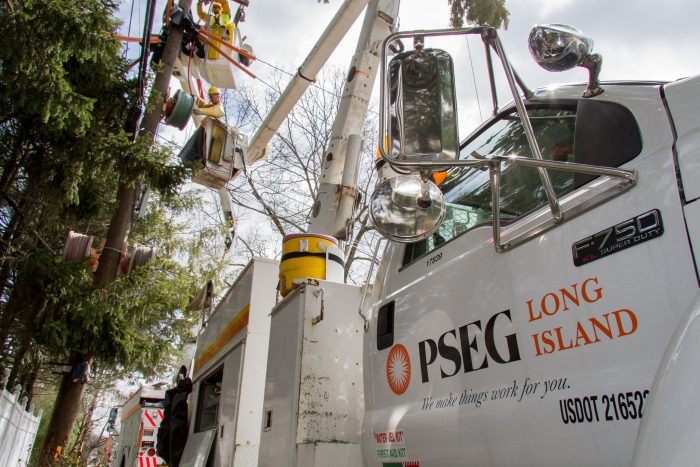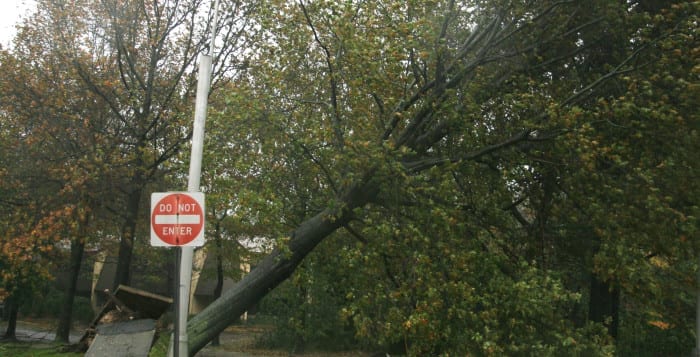PSEG Long Island is working toward improving the reliability of the energy grid in Fort Salonga. The storm hardening work on this distribution circuit is part of many system improvements included in the “Power On” program.
“We are working hard to reduce the number of outages that occur during severe weather by strengthening the electric lines that directly power homes and businesses,” said Peggy Keane, PSEG Long Island’s vice president of construction and operations services. “This Power On infrastructure improvement project in Fort Salonga is part of PSEG Long Island’s ongoing, multiyear effort to continue to improve electric reliability for customers.”
The work began at the end of October and will last for approximately two months. PSEG Long Island’s licensed and approved contractors will work along distribution lines in Fort Salonga. To ensure traffic moves safely, PSEG Long Island will provide cones, flaggers and signage at the worksites, as needed. Local officials will also be notified in advance regarding any potential traffic concerns.
The storm-hardening improvements include:
• Stronger poles: PSEG Long Island will replace some existing utility poles with stronger, more durable poles that are capable of withstanding winds up to 135 mph. The new poles will be approximately the same height as the existing poles, have a stronger base and will be placed no more than 5 feet from the current pole locations. PSEG Long Island will actively coordinate the removal of old poles with other utilities and municipalities.
• Narrow profiles: To help wires deflect falling limbs instead of catching them, PSEG Long Island will be installing shorter cross arms atop some poles.
• Stronger wire: Current wire will be replaced with more resilient and durable wire.
• Upgrading: PSEG Long Island will upgrade or replace worn equipment as necessary.
Crews will be working on the following streets in Fort Salonga
• Fresh Pond Road between Fort Salonga Road and Claymore Road
• Breeze Hill Road between Fresh Pond Road and the intersection at Brookfield Road and Woodmere Drive
• Woodmere Drive between Brookfield Road and Fort Salonga Road
PSEG Long Island prepares year round for extreme weather to maintain reliable service for its 1.2 million customers. Since 2014, the company has made investments in strengthening the electric infrastructure. Using funding from both FEMA and LIPA, PSEG Long Island has completed storm hardening and reliability work on more than 1,000 miles of distribution mainline circuits.
Power On, a program initiated in the spring of 2020, continues the work now that the FEMA program has concluded. Since the program’s launch, over 318 miles of the most vulnerable distribution mainline and branch line circuits on Long Island and in the Rockaways have been storm hardened with stronger poles, thicker wire and other modern equipment.
According to PSEG Long Island, these investments have strengthened the system so that fewer customers experience outages and, when they do occur, the duration is shorter, especially during extreme weather events.
From the third quarter of 2022 through the third quarter of 2023, the sections of circuits that are storm hardened saw a 44% reduction in damage leading to outages compared to the rest of the distribution system.
For more project details, visit www.psegliny.com/inthecommunity/currentinitiatives/stormhardeningprojects.









